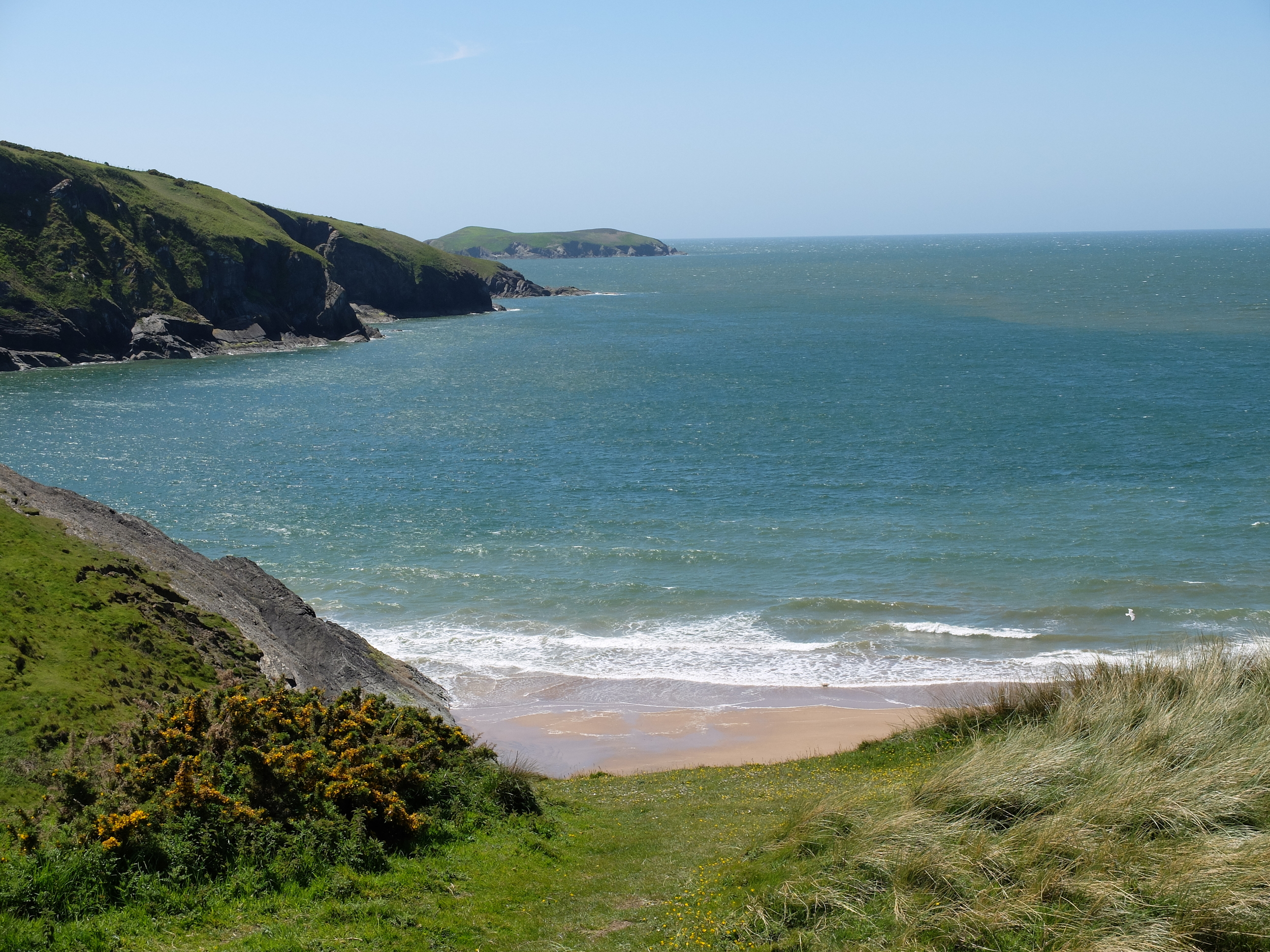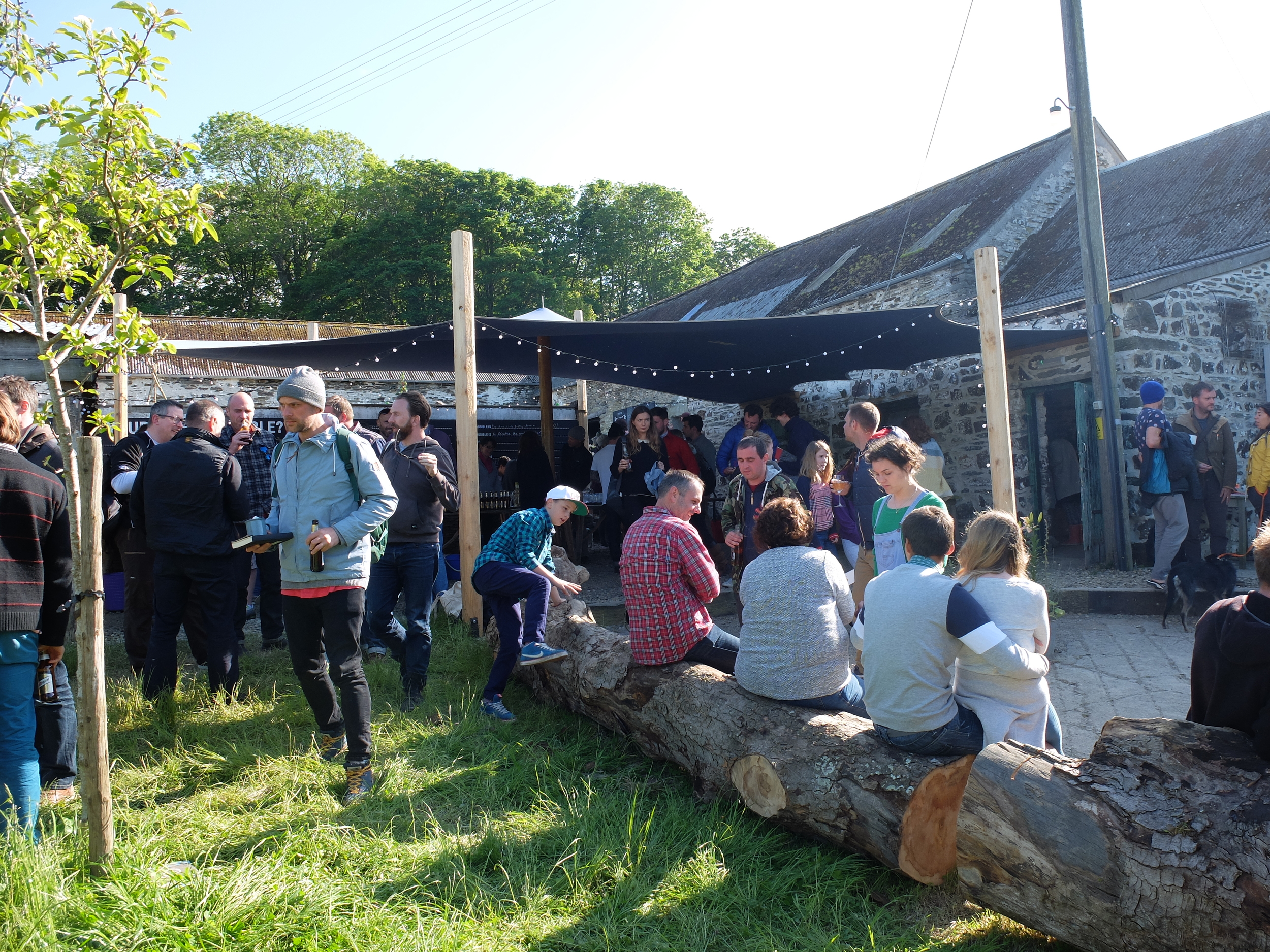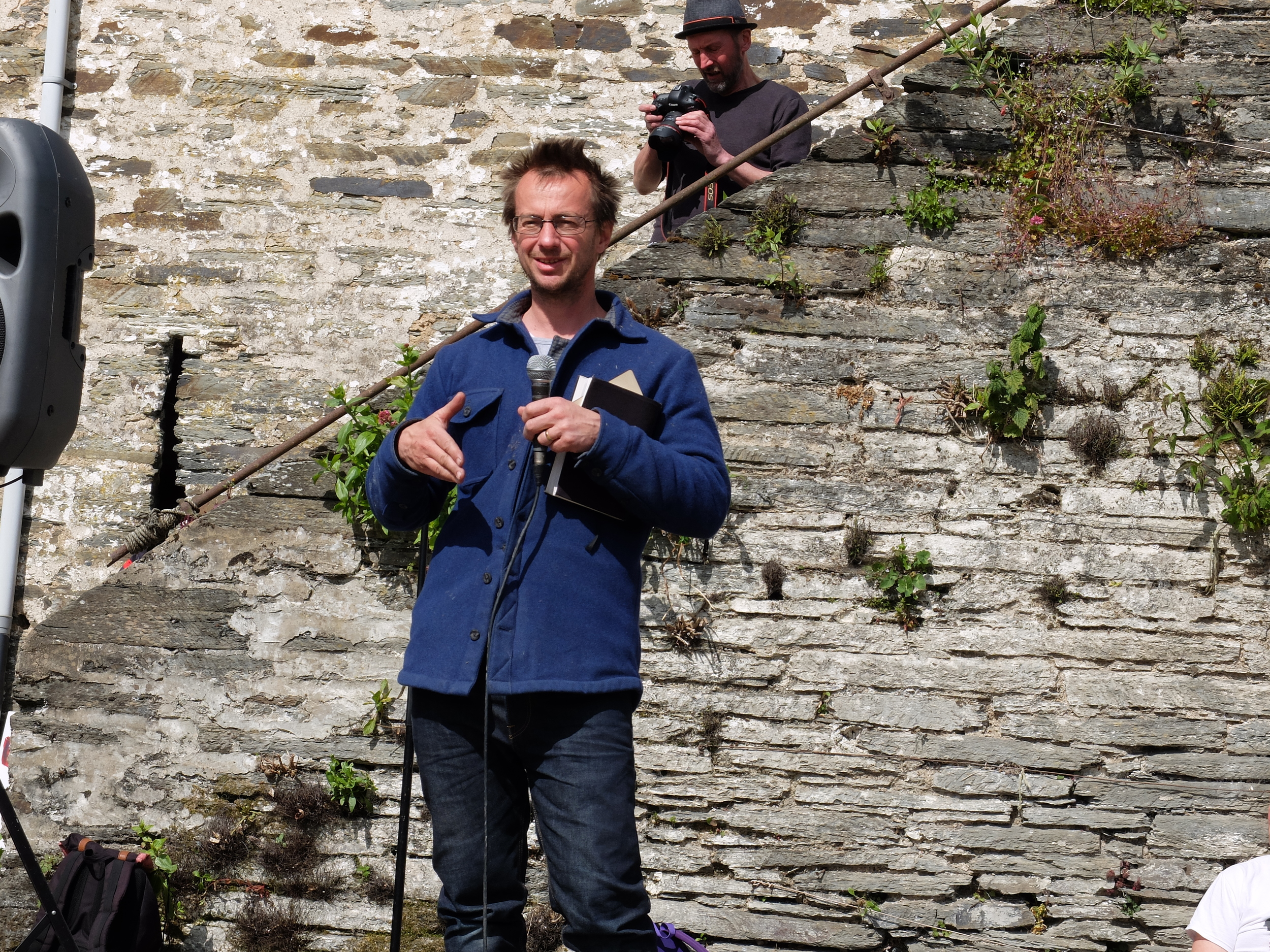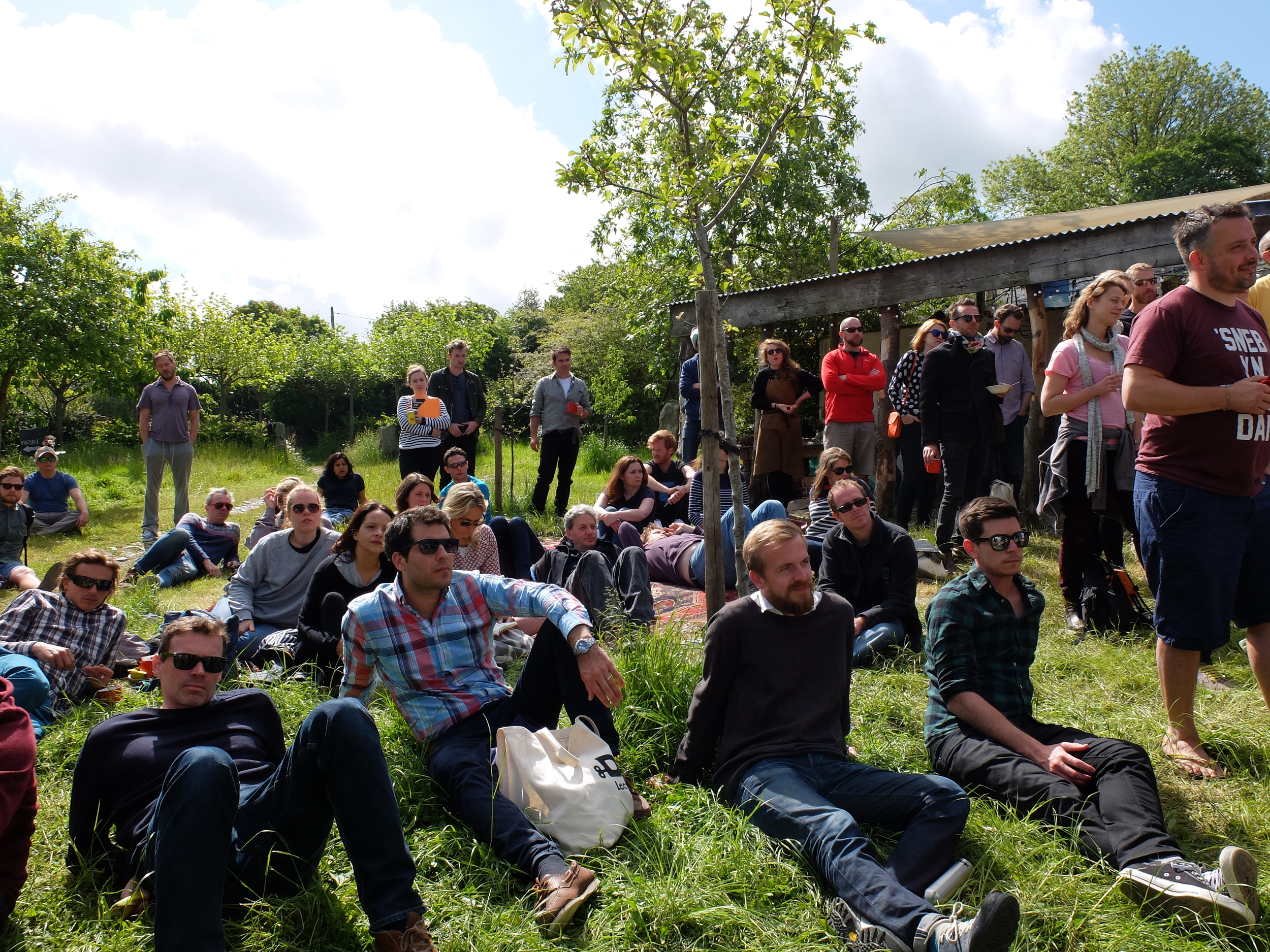
BLOG
Inspiration and news
"Hospitality is the "Power of Human Connection" - Dame Karen Jones
Inspiring words from Dame Karen Jones, chair of both the Hawksmoor and Mowgli restaurant chains. At the Propel Hospitality Talent and Training Conference she spoke about how Hospitality is the lynch pin of society. We realised how much we missed it during lock down and that the holy grail of hospitality is: The power of the moment of human connection that keeps your customers coming back again and again.
Inspiring words from Dame Karen Jones, chair of both the Hawksmoor and Mowgli restaurant chains, senior independent director at Deliveroo and who founded casual dining chain Café Rouge in 1989. During the Pandemic, she worked closely with ministers and was the only hospitality representative on the government's Build Back Better business council. She was made a dame in the Queen's Birthday Honours List 2022 for her services to business and the hospitality industry.
People are at the heart of every hospitality business.
Karen Jones spoke at the Propel Hospitality Talent & Training Conference on Tuesday she said:
Hospitality is the lynch pin of society. We realised how much we missed it during lock down.
She reminded us that the holy grail of hospitality is:
The power of the moment of human connection that keeps your customers coming back again and again.
When asked about what attracted her to working in hospitality she said it was the
Excitement hospitality can give
The pleasure of looking after people
Lovely colleagues who are fun, high energy, innovative and entrepreneurial
She went on to talk about that elusive "hospitality gene" found in people who just get the excitement and buzz of hospitality and love the pleasure of looking after people. The million dollar question is: is the hospitality gene innate or can you teach it? Karen Jones believes that you can. An employer needs to explain what hospitality is all about - the hard technical skills and soft communication skills can be learned later.
The Importance of Culture
Culture is hard to define she said, it’s more complex than “your people just doing the right things when people are looking.”
Culture is that feeling it gives you.
She defined CULTURE as the 'feeling it gives you' built on 4 pillars:
Being clear about the culture you want to create and knowing and communicating your values.
Genuinely caring about your people. Remember everyone is different: different backgrounds, different outlooks and with different ambitions. Culture is about trying to weld them into a whole through daily decisions that strengthen not weaken the culture.
Not expecting people to do things in their work life that they wouldn’t do in their personal life
Always delivering on what you say you will.
How to define your Values to build Culture
Karen Jones emphasised that your values have to be what you genuinely believe in. Values should be driven by the business founders or leaders, not outsourced to a consultant. Create a Mission and Vision statement that communicates your purpose and values. This is the time for leaders to be quite direct - your team need something to hang their hat on.
Keep your values simple and easy to articulate. If you can't remember them or say them clearly, they're too long and complicated. Use the one-sentence test! Can you say what you stand for in one simple sentence?
You know your values have caught fire when people start using them and talking about them. Then they start to drive behaviours.
4 Crucial Factors to Retaining Employees
Building on Maslow’s Hierarchy of Needs, Karen Jones identified four blocks to retention, without these things you will never get people to stay in your business.
PAY - You can’t do a good job if you are worrying about how you are going to pay the rent.
SAFETY & SECURITY - If I do well will I be secure?
WORK LIFE BALANCE - long hours and low pay are the worst things. Our cognitive ability is affected by stress and the main causes of stress are fair pay and scheduling.
CAREER ADVANCEMENT - how do I get my foot on the next rung of the ladder?
Lead with Confidence
Personal and business success goes hand-in-hand with confidence. Confidence is the foundation of leadership - it’s the fuel that drives us forward. Leaders are role models - so their confidence is contagious, and unfortunately, so is lack of confidence. Here are my tips to build your confidence as a leader.
Personal and business success goes hand-in-hand with confidence.
Confidence is the foundation of leadership - it’s the fuel that drives us forward.
Leaders are role models - so their confidence is contagious, and unfortunately, so is lack of confidence.
If you don’t first believe in yourself, you shouldn’t expect your team to believe in you, so when you find yourself managing a team or running a business, how can you build self-confidence that will boost your presence and impact.
Many people admit to experiencing Imposter Syndrome - that fear that we don’t deserve or haven’t got the experience to be in the management position we are in and that at any moment we’re going to be found out. We’re in good company - some of the most well-known business leaders have admitted to feeling like a fraud. Imposter Syndrome is most common in women but affects men too and can cause low self-esteem, anxiety, perfectionism, procrastination, fear of delegating, and to working extra hard to compensate for what we feel we’re lacking.
Here are my tips to build your confidence as a leader.
The first step is to building self-confidence and overcoming imposter syndrome is to build self-awareness and self-belief — acknowledge your strengths, be aware of your emotions, values and motivations, and any triggers. We tend to be our own harshest critic so listen to your inner voice and the stories it might be telling you from your past, don’t dwell on past failures or self-doubts, instead reframe them, and look for the lessons learned and towards the future.
Ask for feedback - it’s one of the best ways to grow and build self-awareness. Ask colleagues, friends and family and be prepared to listen, reflect and then act on it. If you face criticism, stay calm, clarify anything you don’t understand, acknowledge the truthful elements and work on what needs to change.
Accept compliments - there’s a curious, and perhaps very British, tendency to shrug off compliments and to be self-depreciating but start to take the positives on board. Pat yourself on the back and remember it for a day when you might need a boost. Similarly speaking to others positively and praising them will boost your mood as well as theirs.
Build your trust in others and learn to ask for help. It’s ok to admit that you can’t pull it all off by yourself so don’t be afraid to ask for help or advice, whether that’s delegating tasks, bringing in an expert or reading a book or going on a course to learn something new.
Let go of perfectionism - it can cause anxiety, unnecessary stress, or not delegating. Try to find a sweet spot and accept when good is good enough.
Be brave - recognise you can't always stay within your comfort zone and that personal and business growth involves embracing challenging experiences. If you find this hard then focus on the end goal, try mental rehearsals for difficult situations, and push yourself forward.
Use your body - when you hold a confident posture, standing straight, shoulders back, and breathing deeply, you not only LOOK but also FEEL more confident. Adopting a ‘power pose’ even if you’re not really feeling it will give you a boost
Look after yourself - when you’re feeling under pressure, pause to ground yourself, breathe. Set boundaries and accept it’s ok to say no sometimes.
Celebrate success - sometimes we’re so busy in the day-to-day that we don’t pause to reflect or acknowledge what we’ve achieved individually or as a team. Taking a moment to recognise the positives, however small, or to notice our role in achieving success is key to building confidence.
Be curious - no one can teach you to be more confident, it comes through experience and believing that you will get better through practice. So ask yourself what have I learned through this experience, what did I contribute, what can I take from this and what could I do differently next time? If you have time, write it down to look back on in the future.
Finally a much-quoted mantra from American writer and lecturer Dale Carnegie:
“Inaction breeds doubt and fear. Action breeds confidence and courage. If you want to conquer fear, do not sit home and think about it. Go out and get busy.”
10 Tips for launching a food & drink brand
Whether you are setting up a start-up business, hussling a side project, or introducing a new brand or product range to an existing business, here are my 10 Top Tips - well 11 tips in fact, for launching a food & drink business - or any business in fact.
Launching a new food or drinks brand or adding a new product to an existing range is exciting but challenging.
Whether you are setting up a start-up business, hustling a side project, or introducing a new brand or product range to an existing business, it’s essential to have a clear value proposition and USP (unique selling proposition), a defined target audience, a robust business plan and identified your routes to market.
Here are my 10 Top Tips - well 11 tips in fact, for launching a food & drink business - or a business in any sector.
Work out your value proposition
How does your product make customers happy? What is the value you offer? You are unlikely to be launching something completely new and unheard of, but what is unique about what you do?
Robert Breakwell of of Suffolk-based Niche Cocktails says:
“Know your market and competitors; what makes you different / better / relevant / what is your USP? What are you offering the consumer that no-one else is doing?”
2. Start with Why
Ok, so we’ve nicked this title from best-selling business guru Simon Sinek’s popular book. When you start to talk about your brand and product don’t just focus on WHAT you do, the product details like the taste, or HOW you do it - like your environmental measures, but WHY you do it. If you can clearly communicate why you exist, what’s your purpose or belief and why should anyone care, you will stand out from the crowd and build loyalty.
"If you believe in what you are doing so will everyone else.” says Breakwell.
3. Identify your target audience
As the old adage goes, if you are marketing to everyone, you are going to reach no-one! So be as specific as you can about what type of consumer you are trying to reach - whether it’s based on demographics (geography, gender, age) or their tastes, values and lifestyle. You can even create profiles of your typical customer to help build up their personality.
Robert Breakwell says: “Understand your consumer and focus everything on making your promise to them sincere.”
4. Create a business plan
You need to have a destination in mind and a plan of how to get there, how will you know where to start and how will you know if you’ve succeeded?
Think about the time and resources you need to launch your brand or product, what are all the steps, process and measures of success? It might be to sell a certain number of units or to launch in any number of stockists.
Alan Ridealgh, founder of Humber Doucy Brewery says “Have the best business plan you can create: think about the time and resources you need to build your business: do you need a space to create your product, equipment to make it, a website, packaging and marketing. Try and think of every element of your business from start to end.”
5. Ask for help in the right places
There is a huge amount of support out there for businesses of all sizes whether you are starting from scratch or a long-established. Look for what’s available regionally, your local Growth Hub is a good place to start and perhaps your region has a Food Innovation Centre.
6. Formulate a budget
How much is it going to cost you? What are the fixed costs or those that vary on how many units you are producing? Can you calculate a breakeven point - so you know how many units you have to sell to cover your costs? The reality is that the most common reason businesses fail is because they run out cash - so don’t forget your cashflow forecast.
"Have defined finance in place before starting and formulate a budget. Work how much it will be to set up, make your product and break even? How much can you charge and ensure you have the funding to ensure it survives.” Continues Alan Ridealgh, Humber Doucy Brewery.
7. Build a memorable brand
Your brand is far more than your name, your logo, your packaging, it’s about every connection that your customer has with you. Brand is what makes people remember you and why they will recommend you to their friends, so make it unique, genuine and consistent.
9. Identify your routes to market
Are you going to sell direct to your customers through a website or at events, or are you going to seek listings with independent retailers or aim high at supermarkets?
10. Tell the world
Social media is an amazing free resource to grow a community of fans. Focus on the right platform for your audience rather than spreading yourself to thin by being on all of them.
11. Work fast
Finally "Work fast – Being small gives you the opportunity to make decisions quickly and get there fast.” says Robert Breakwell.
Hospitality Mavericks Podcast interview
I’ve long been a fan of the podcast Hospitality Mavericks, so I was really excited to be asked by its host Michael Tingsager, to join him to chat about my work as an executive coach and running leadership development programmes.
We talk about the difference between leadership and management, how to build a strong, happy and engaged team, changing expectations of work life and just some of the challenges facing business leaders today.
I also share my own story of how I moved from hospitality and food & drink branding and communications to become a business coach, and how I build healthy routines and lots of exercise to look after myself.
You can listen to the podcast on all the usual podcast channels from Spotify, Apple, Google, Amazon and below on YouTube.
I highly recommend all the podcasts on Hospitality Mavericks!
Find them all here: Hospitality Mavericks >
Do Lectures
Lectures, festival, conference, happening? It's impossible to capture the essence of Do Lectures in one word, or even a few.
A gathering of like-minded people who make a pilgrimage to remote West Wales (in my case almost as far from East to West as it's possible to go in the UK). It's the chance to do things you've never done before - share a tent with complete strangers, drink coffee with the former captain of a US nuclear submarine and practise breathing sitting in a wild flower meadow.
The core of the three day event is a series of talks - the speakers are challenged to tell a story they've never told before. All the most memorable talks for me were the ones I was least expecting - two unbelievable Irish teenagers, Ciara Judge and Émer Hickey, whose school science project to look at improving crop fertilisation and yield went on to win the Google Science Prize and see them named as two of Time magazines most influential teenagers. David Marquet, a former US nuclear submarine captain on turning followers into leaders, CJ Bowrey founder of Sal's Shoes which started with her regret about throwing away her young son's barely worn shoes when so many children in the world are shoeless, she has now coordinated the distribution of over 30,000 pairs of children's shoes from the UK to Africa, Cambodia and Romania.
What did I learn at Do Lectures?
1. Join the Dots - find the connections in your life, how and why you came from one place to another. Many of the speakers at Do, like me, have had really varied careers, take a moment to notice the connections. And allow yourself space to not know what’s going to happen to create an environment where you can pull through and come out of a bad situation thriving
2. You don't have ideas - ideas have you - follow them and see where it takes you.
3. Don't be afraid of being you - work out what makes you tick, make a list of the good things and follow your curiosity.
4. It's ok not to have a plan - if it feels right - do it.
For other people's attempts to sum up Do Lectures in one word have a look at this video of the 2015 Do Lectures Wales.








